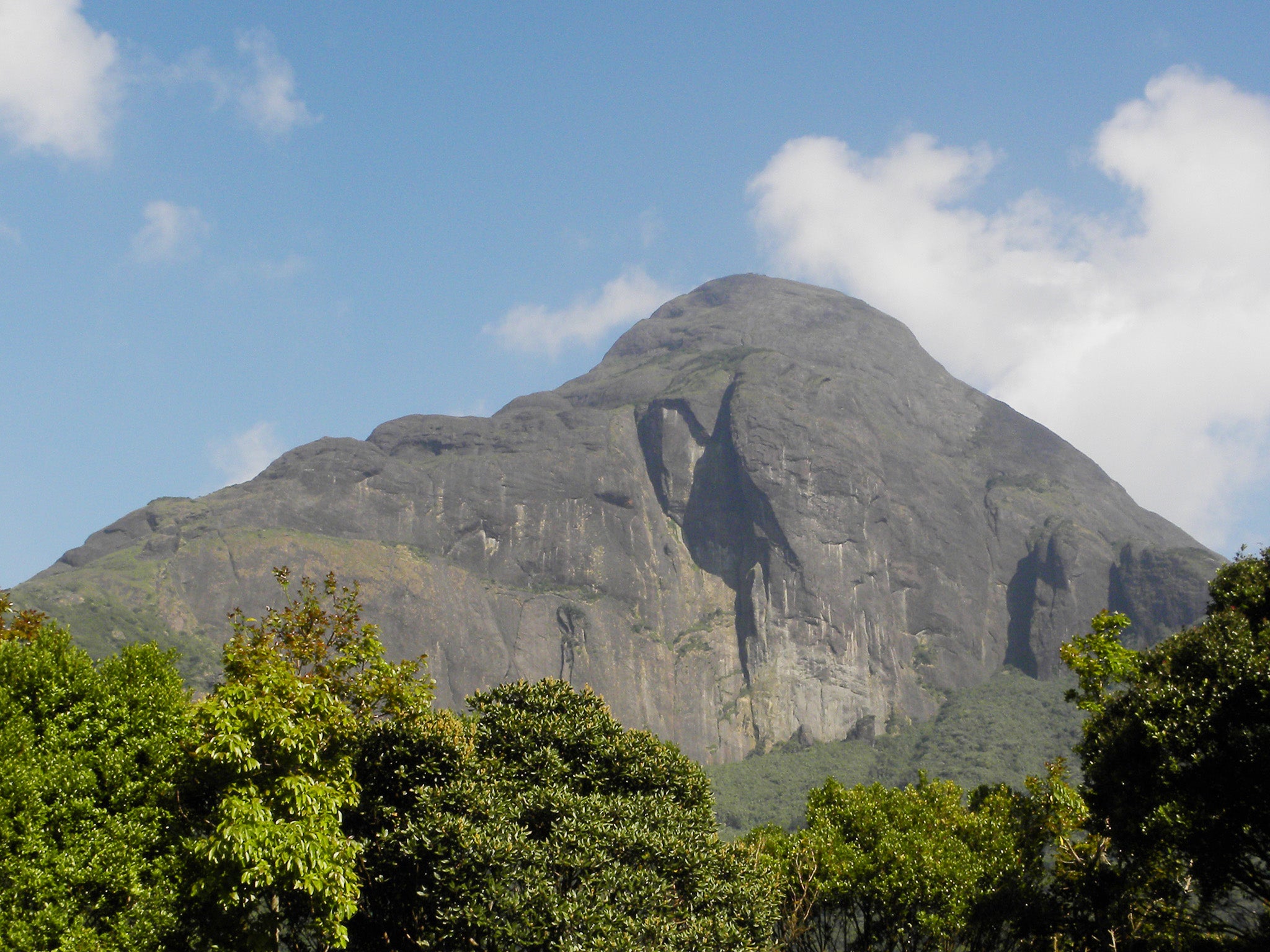Fears Kerala crisis could worsen as women allowed to trek to Indian state's second highest peak
Alarm bells raised that local tribesmen could retaliate if women hike towards mountaintop after long-standing ban on women trekking was lifted

Women are now allowed to trek to the second highest peak in the southern Indian state of Kerala – sparking concerns that a new crisis looms.
Violent protests swept Kerala last week after two women entered one of the holiest temples in India. One person was killed and 15 injured after clashes and schools across the state were closed and public transport suspended.
Women “of menstruating age” – defined as between 10 and 50 – had been legally barred from praying at the Sabarimala temple in Kerala since 1972. An informal ban existed before that but India’s Supreme Court caused outrage in some quarters by lifting the ban in September 2018.
The state forest department has also lifted a long-standing ban on women trekking to Agasthyarkoodam – a peak in a popular trekking trail in the Neyyar Wildlife Sanctuary – after the Kerala High Court revoked the ban in a landmark judgment on 30 November.
The top of the Unesco heritage site has been informally off limits for women for decades but the Kerala forest department issued a circular in 2016 explicitly saying women could not apply for a trekking permit.
Alarm bells have been raised that local tribesmen could retaliate if women hike towards the mountaintop.
Officials said scores of women registered online for permission to trek to the pinnacle when bookings opened for the January-March hiking season on Saturday.
But this is despite an unnamed regular trekker telling Indian newspaper The Hindu that the website remained mysteriously offline.
Neyyar tribes are furious about the lifting of the ban because they believe the peak is the home of a celibate god.
The Kerala High Court acted on a petition filed by women’s organisations when it overturned the ban. The court said there was nothing offensive about women trekking to the peak, which is named after the mythical Hindu sage Agastya, and there was no aim to wound the religious sentiments of the tribes.
However, it said no “puja” – the act of worship – or religious offerings should be made at the Agastya temple atop the mountain.
The forest department has said there will be “no special consideration for women trekkers” – indicating that no additional facilities would be provided for them while hiking.
While they say women were not allowed to trek to the peak because of the difficult terrain, the Kani community, which has been opposed to women’s entry, argued it would infringe on their traditional rights of worship.
Forest officers have increased security along the path.
This comes after the police were forced to intervene in clashes between the Bharatiya Janata Party (BJP), which rules India, and Communist Party workers last week. The BJP opposes the entry of women into the Sabarimala temple, while the Communist government of Kerala is in favour of women’s right to pray there.
The two women – escorted by police and dressed in black – entered the gold-plated temple, which is on a hilltop in a tiger reserve and is one of the country’s largest Hindu pilgrimage sites, to pray early last Wednesday.
Bindu Ammini, 40, and Kanaka Durga, 39, who are in hiding and have been given police protection, entered the shrine around dawn – making history by becoming the first women to do so.
A third woman, a Sri Lankan national named Sasikala, is thought to have entered the temple at around 11pm on Thursday.
Hostility between Hindu traditionalists and supporters of the lifting of the ban has remained high in Kerala in recent months.
Thousands of Hindu devotees, many of whom were female, succeeded in stopping women from accessing the site in the weeks after the ruling. Some flung stones at police and assaulted female journalists.
Join our commenting forum
Join thought-provoking conversations, follow other Independent readers and see their replies
Comments
Bookmark popover
Removed from bookmarks